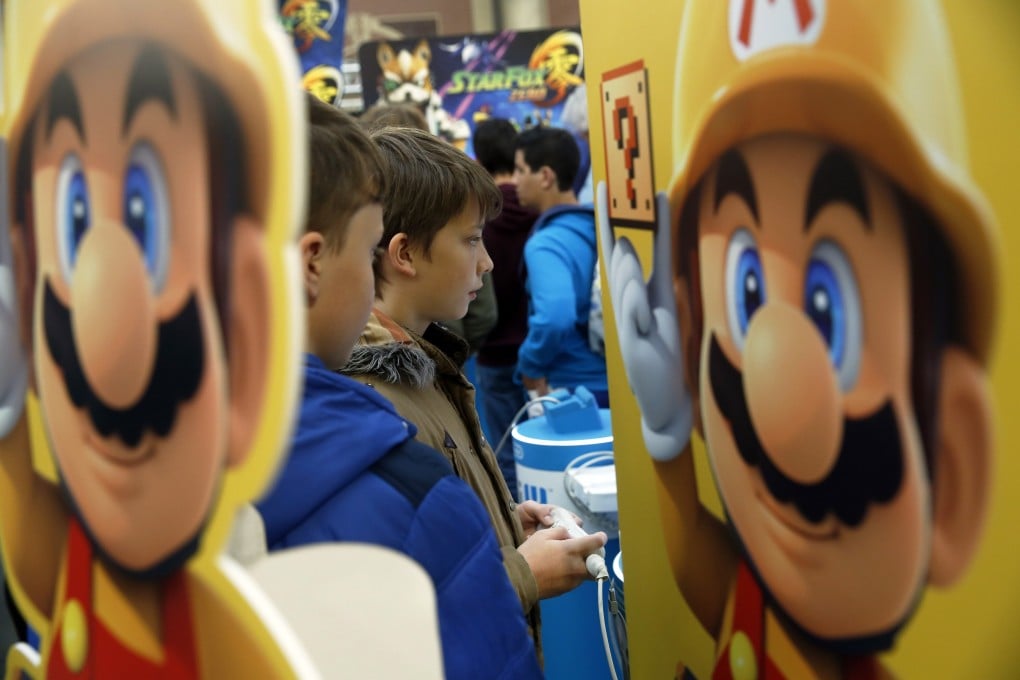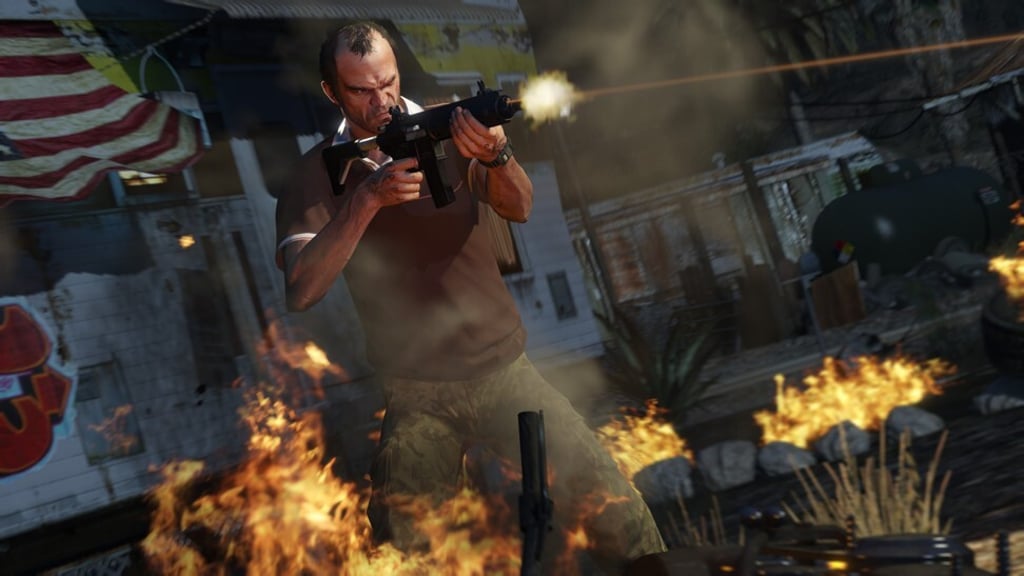JD.com stops selling 86 games from Call of Duty to Super Mario Maker 2 on its online shopping site in China’s games crackdown
- Up to 86 games will be taken off JD.com’s online shopping site, China’s second-largest e-commerce platform said
- The games include such hits as Super Mario Maker 2, FIFA21, The Last of Us Part 2, the entire Call of Duty series and the entire Grand Theft Auto series

JD.com, China’s second-largest e-commerce platform, said it would stop selling unlicensed video games on its online shopping site, after the Chinese government tightened the playing time for children to three hours every week in an unprecedented crackdown.
Up to 86 games, including such hits as Super Mario Maker 2, FIFA21, The Last of Us Part 2, the entire Call of Duty series and the entire Grand Theft Auto series will be taken off its platform, JD.com said in a September 3 statement.
Still, much of China’s gaming market operates in a legal grey area, where many players buy games directly from overseas shops online, and through parallel importers on e-commerce sites far beyond the NPPA’s jurisdiction. As the implementation of the new rule relies on the registration of real names in China, unlicensed games that are not plugged into the system can elude restrictions.

On its part, JD.com said it would ban any game that violates either China’s constitution or national security law. Those that promote vulgarity, pornography, gambling and violence are also off limits, JD.com said.